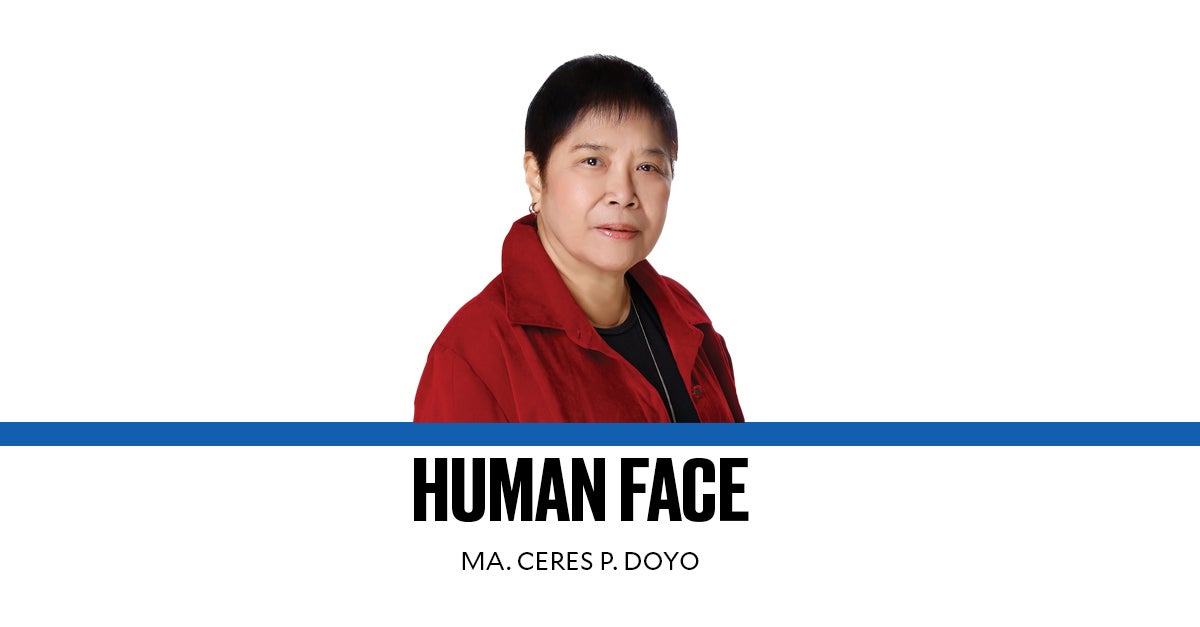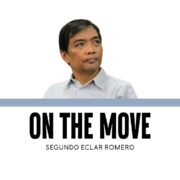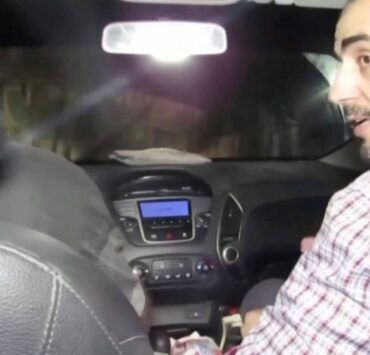‘Laudato Si’ @10 thunders still

Pope Francis died during the run-up to the 10th anniversary of his signing the groundbreaking, earthmoving papal encyclical “Laudato Si: On Care for Our Common Home.” Signed on May 24, 2015, it was off the press by June of 2015. It was/is a great boost, especially for those who continue to dedicate their lives to save what is left of planet Earth, for those who hear a time bomb ticking and warn that we might be nearing the last few minutes.
Here and elsewhere, celebrations are going on—and why not—even while our planet groans in the hands of those who exploit it for profit, even while bombs leave countless innocents dead, orphaned, or maimed, and the Earth wounded.
“Laudato Si” was one great pope’s inspired effort to stir his fellow Earth dwellers to set back the clock. Looking back now, did we do our part?
Laudato si (Praise be to you) are the opening words of Pope Francis’ encyclical on the environment. (Papal encyclicals get their official titles from the first Latin words of the text, and it sticks for all time, for example, Pope Leo XIII’s “Rerum Novarum.”) The words laudato si is from the famous “The Canticle of Creation” by St. Francis of Assisi. Jorge Mario Cardinal Bergoglio of Argentina took on the name when he became pope in 2013.
“O Most High, all-powerful, good Lord God, to you belong praise, glory, honor, and all blessing. Be praised, my Lord, for all your creation and especially for our Brother Sun, who brings us the day and the light … Be praised, my Lord, for Sister Moon, and for the stars which you have set shining and lovely in the heavens.”
Il poverello di Assisi bursts poetic over “Brothers Wind and Air,” “Sister Water,” “Brother Fire,” and “Sister Earth, our Mother.” Sister/Mother Earth has long been sick, and we know it.
Laid out plainly in Chapter 1 of “Laudato Si” are the problems the Earth and its inhabitants are facing. Climate change, water, the loss of diversity, the decline of the quality of human life and the breakdown of society, global inequality, weak responses, and a variety/clash of points of view. It is in the next chapter—the Gospel of Creation—that the biblical, theological, and spiritual come into play. “We are not God. The earth was here before us and it has been given to us. This allows us to respond to the charge that Judeo-Christian thinking, on the basis of the Genesis account which grants man ‘dominion’ over the earth, has encouraged the unbridled exploitation of nature by painting him as domineering and destructive by nature. This is not a correct interpretation of the Bible as understood by the Church.”
“Laudato Si” must have resonated with those in the United Nations talks that resulted in the Paris Agreement. Laudato Si movements sprouted all over the world not only to raise awareness, especially at the grassroots level but for direct interventions in whatever way or form.
In 2019, Pope Francis convened a Synod of Bishops of the Catholic Church that focused on the pan-Amazon region that could influence the future of planet Earth. Pope Francis had called for this gathering in 2017. Held in Rome, it brought together bishops, indigenous leaders and other cultural, ecological, and religious experts from the region.
I did write about the unprecedented event (see “’Amazonian face of the Church,’” 10/24/19). Several South American countries border the Amazon rainforest, where the life-giving Amazon River runs through.
The Jesuit magazine America described the synod as “the first meeting of its kind to be organized around a distinct ecological territory. The region contains about 34 million inhabitants, including three million indigenous people from nearly 400 ethnic groups.”
I spent hours reading the preparatory document on the synod titled “Amazonia: New Pathways for the Church and for an Integral Ecology” and I thought it was so filled with hope and also foreboding.
I still have my copy of “Laudato Si” with yellow highlights on the text. Some lines to live by:
“The misuse of creation begins when we no longer recognize any higher instance than ourselves, when we see nothing but ourselves.”
“I believe that Saint Francis is the example par excellence of care for the vulnerable and of an integral ecology lived out joyfully and authentically.”
In Chapter 5 (Lines of Approach and Action): “Interdependence obliges us to think of one world with a common plan.”
“We need a conversation that includes everyone, since the environmental challenge we are undergoing, and its human roots concern and affect us all.”
“In union with all creatures, we journey through this land seeking God.” (Picture that.)
Having immersed himself in the Peruvian landscape for decades as a missionary steeped in Augustinian spirituality, and having traveled widely the world over, US-born Pope Leo XIV has the eyes, tongue (he’s a polyglot), heart, and smarts to keep alive Pope Francis’ legacy—and more. I like him already.





















